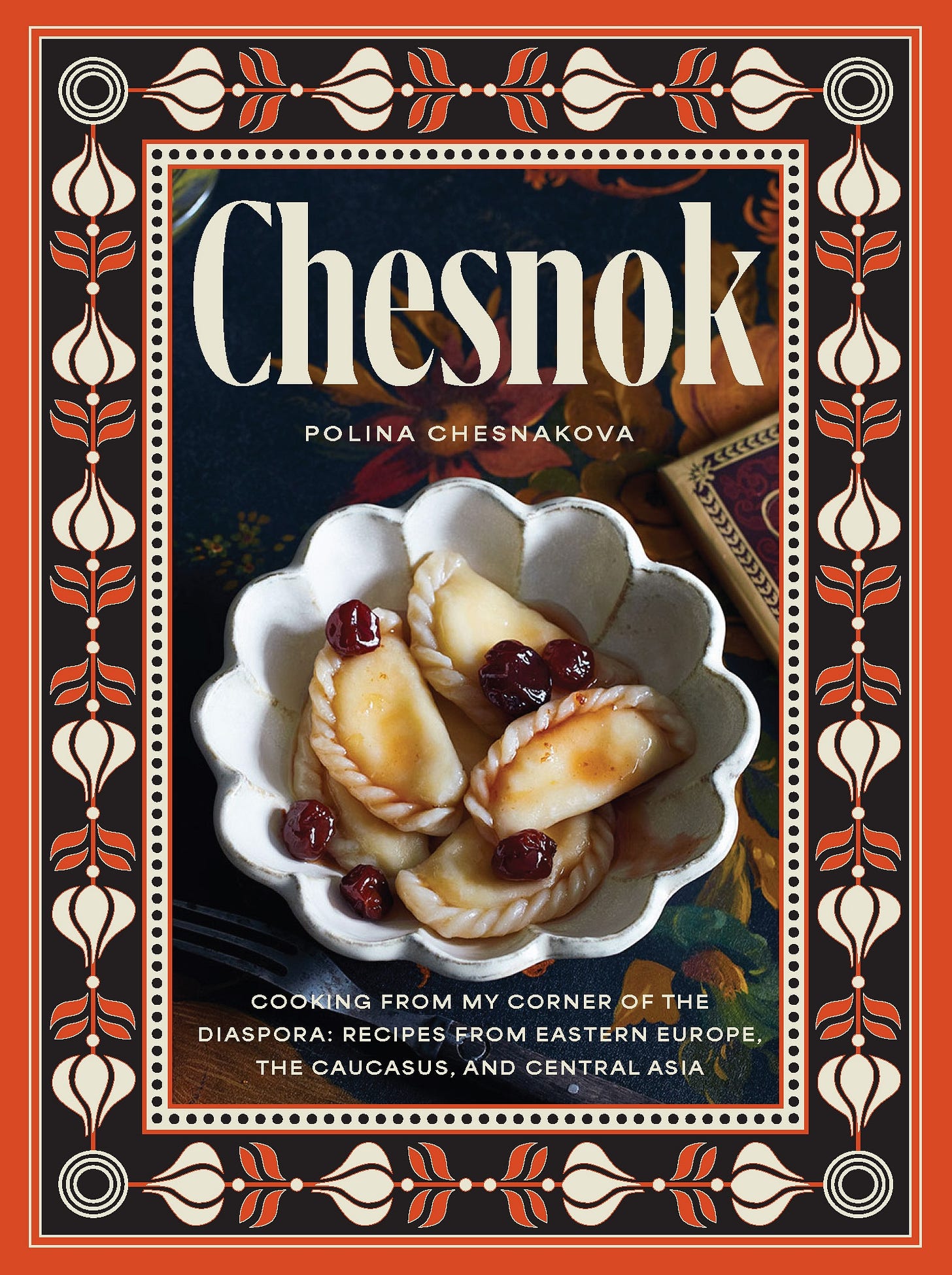A very nice young man from a big publisher wrote to me this morning. He’d just joined the publicity team, and one of his jobs this week is to get the word out about Polina Chesnakova’s “brilliant” new book Chesnok, publishing 18 September 2025.
“Born in Ukraine to Russian and Armenian parents from Georgia,”he writes, “author Polina Chesnakova grew up i…
Keep reading with a 7-day free trial
Subscribe to Gilly Smith's Substack to keep reading this post and get 7 days of free access to the full post archives.


